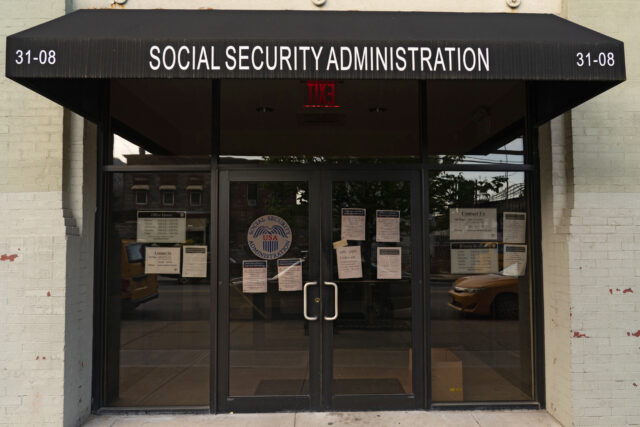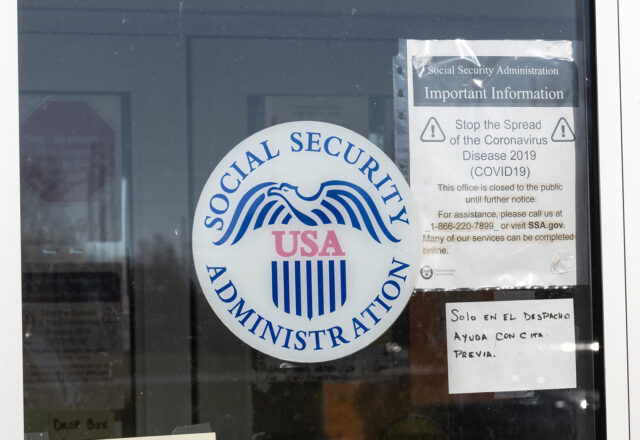
Cognitive Decline Meets COVID-19 Scams
The federal government warns that older Americans are being targeted by a battery of financial scams, including telemarketers offering to do contact tracing – for a fee – or to reserve a slot for a future vaccine. Others are soliciting donations to charities purportedly helping people in need during the economic slowdown.
COVID-19 makes this a perilous time for people struggling with cognitive decline.
Few can escape a deterioration in their cognitive capacity as they age. It’s just a matter of degree and speed. But the faster it happens, the more damage it can do, the FINRA Investor Education Foundation concluded in a new study.
The study was based on surveys of more than 1,000 older residents in Chicago retirement communities and subsidized housing – average age, 80. The same people were periodically asked questions with varying degrees of difficulty about their general financial knowledge and investments and were asked to compare and calculate percentages.
The older people who either initially had less understanding of financial concepts or experienced a faster decline in their knowledge made poorer financial decisions in exercises that simulated real-world decisions.
This included a vulnerability to scams, which was assessed by asking the older people to agree or disagree with statements like this: “If a telemarketer calls me, I usually listen to what they have to say.” (Not recommended.) And this: “If something sounds too good to be true, it usually is” (Count on it.)
To prevent scams, older people – and their caregivers – need to anticipate the financial damage that cognitive decline can cause.
Read more blog posts in our ongoing coverage of COVID-19.
Squared Away writer Kim Blanton invites you to follow us on Twitter @SquaredAwayBC. To stay current on our blog, please join our free email list. You’ll receive just one email each week – with links to the two new posts for that week – when you sign up here. This blog is supported by the Center for Retirement Research at Boston College.
Comments are closed.







Unfortunately, scamming people is a very big, and legitimate business. ProPublica the other day had a piece on the marketing of limited health insurance (individual plans that get around ACA requirements because they’re supposed to be short term). All but useless, but lucrative for those who can get people to sign up. And there is so much more like this in insurance and consumer finance. Of course, nobody’s going to protect us because that would be government intrusion.
These COVID-19 scams are really the worst. Normal scams are bad enough but COVID-19 scams make it harder to find out what is real and what is fake. The ones to suffer are the most vulnerable among us.